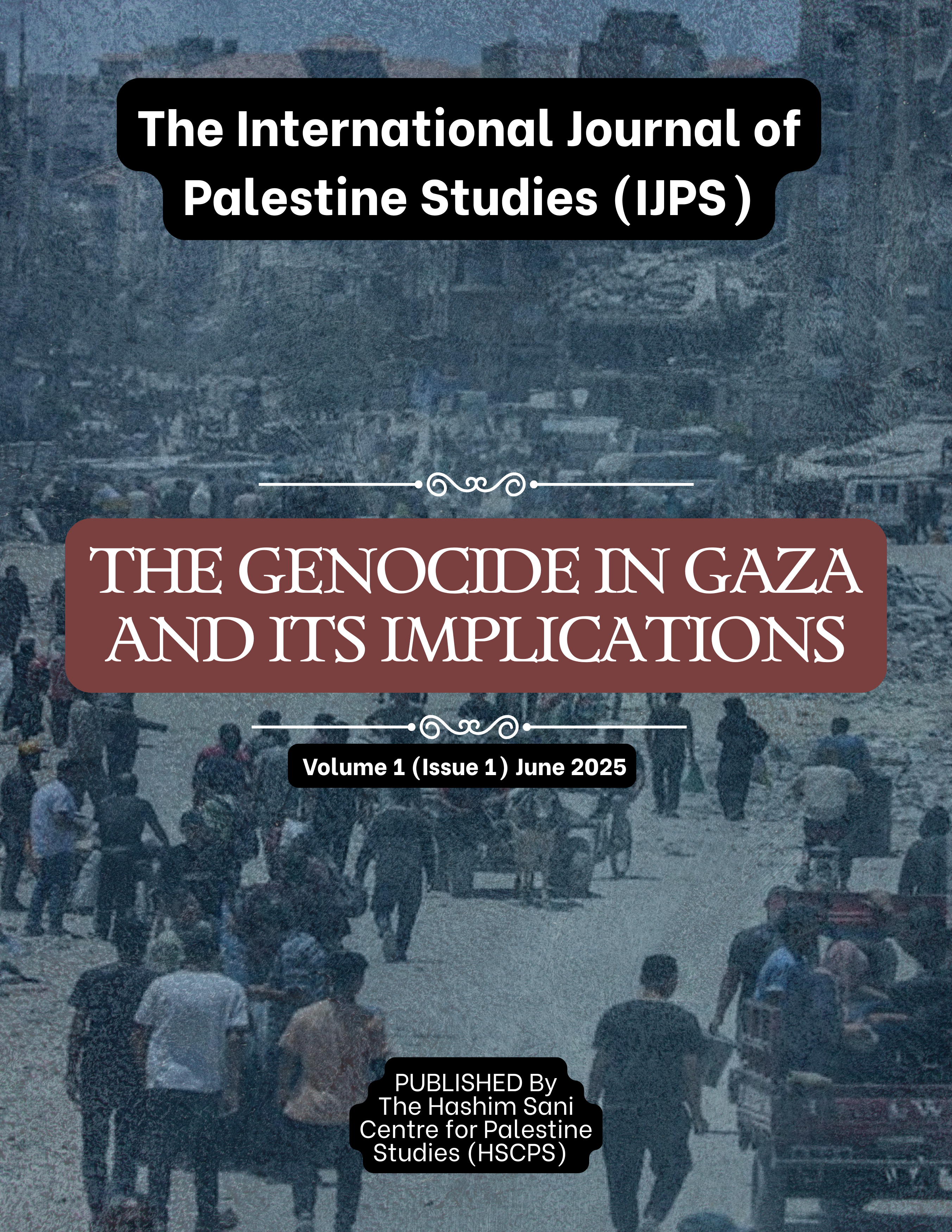The Gaza War and the Dynamics of U.S.-India Multilateral Cooperation in the Middle East
Main Article Content
Abstract
This study examines the U.S.-India multilateral cooperation in the Middle East - most notably through the I2U2 group and the India – Middle East – Europe Economic Corridor (IMEC). It examines the regional and international factors that have shaped this cooperation, with particular emphasis on its political, economic, and geopolitical dimensions. The analysis reveals how these initiatives reflect deeper strategic shifts in the regional and global order, including U.S.-led efforts to advance Arab-Israeli normalization, India’s emergence as a pivotal actor in reshaping regional trade and logistics networks, and the formation of new alliances that move beyond traditional frameworks— strategically bypass China—in alignment with a shared U.S.-India strategic vision. The study also highlights Dynamics of U.S.-India multilateral cooperation, after the outbreak of the Gaza War in October 2023 through April 2025. While the Gaza War introduced complex security and geopolitical challenges to the prospects of renewed cooperation between Washington and New Delhi, the study identifies credible indicators of potential continuity that emerged during the war itself, particularly through nascent political and economic arrangements. It concludes that the resumption and sustainability of U.S.-India cooperation in the region remain plausible in light of ongoing transformations. This outcome, however, is contingent upon the capacity of the involved actors to navigate prevailing regional challenges, establish a minimal degree of stability, and foster a broader consensus that accommodates the diverse interests of participating states—within an international environment marked by volatility and accelerating change.
